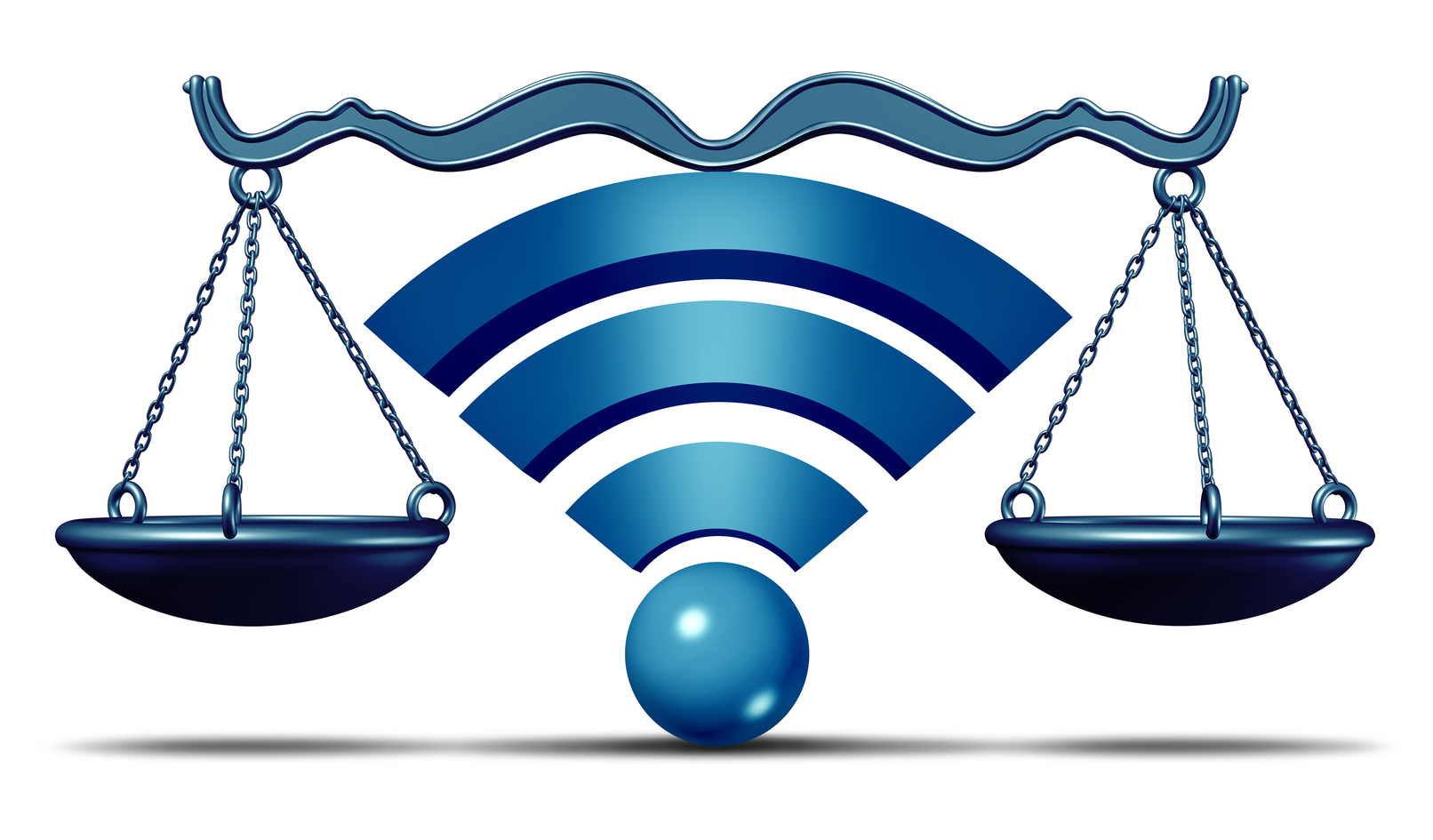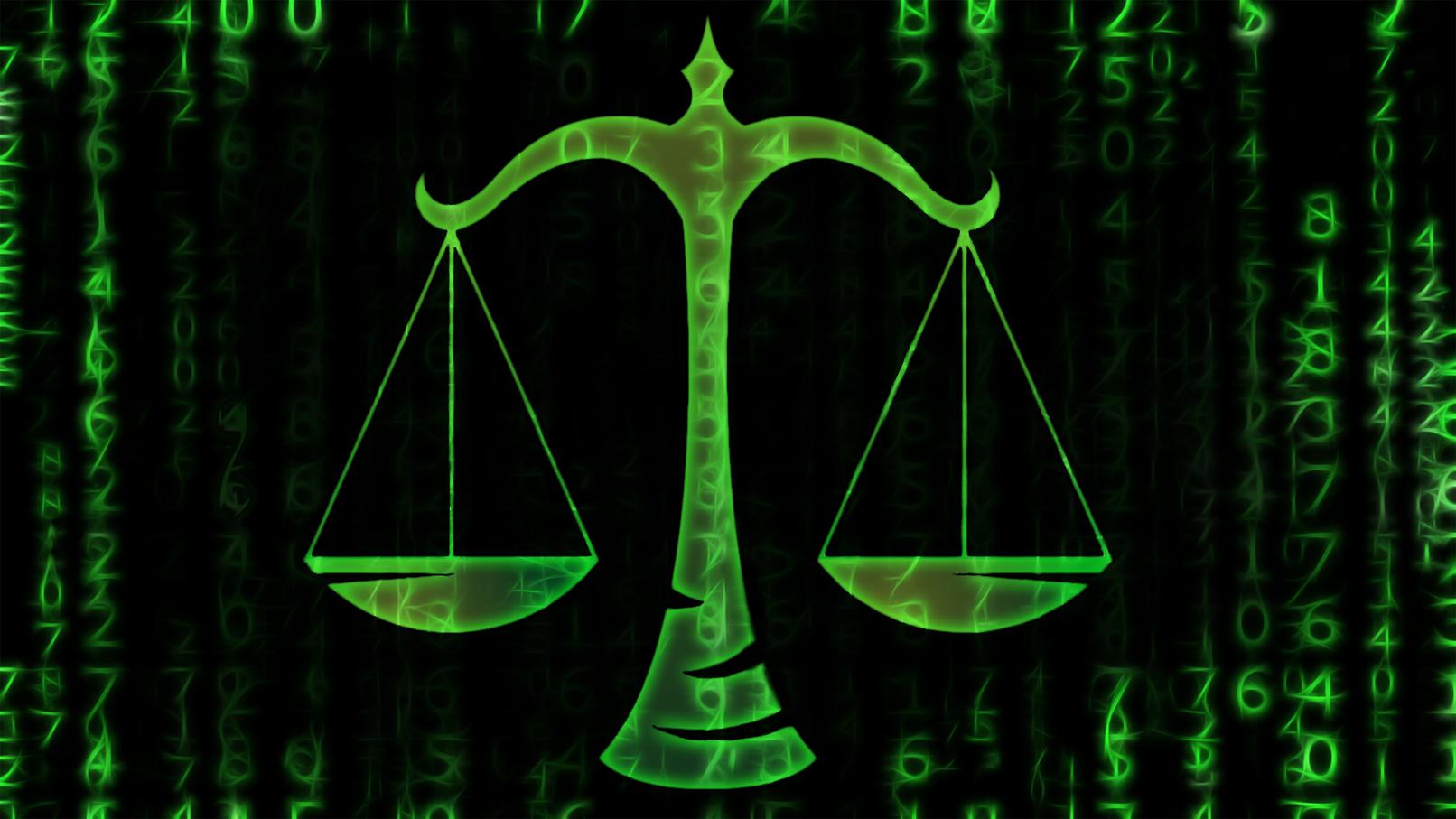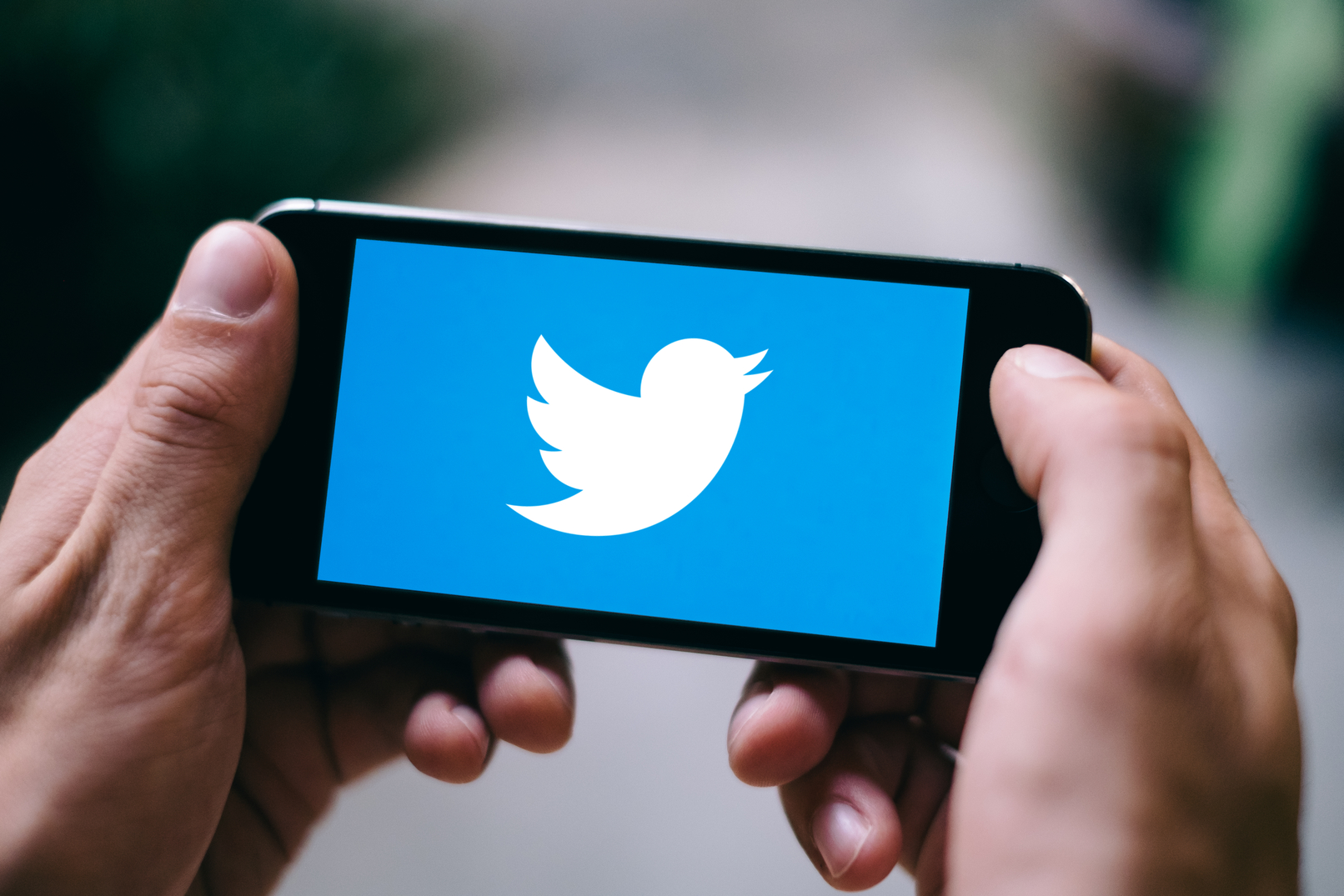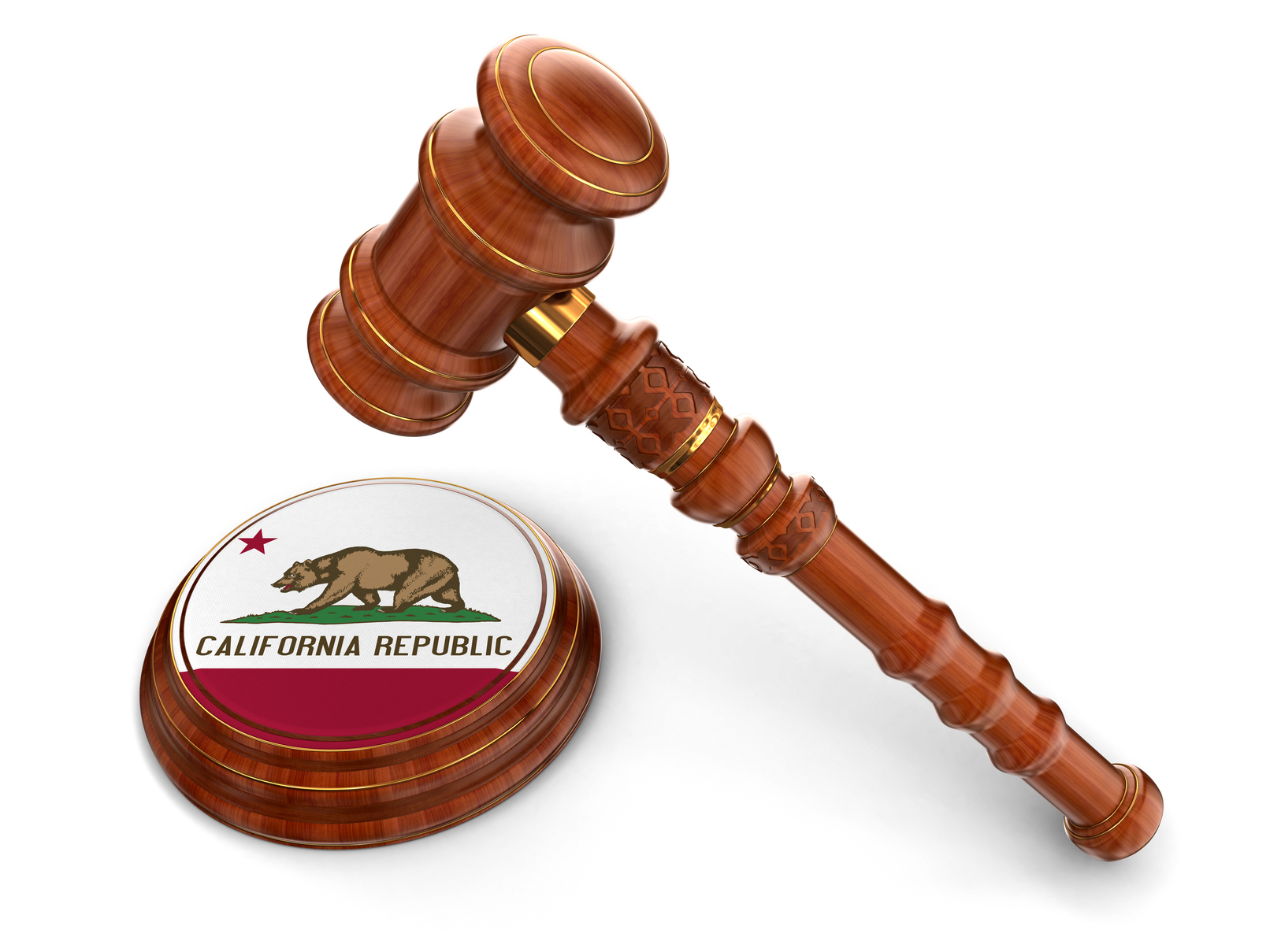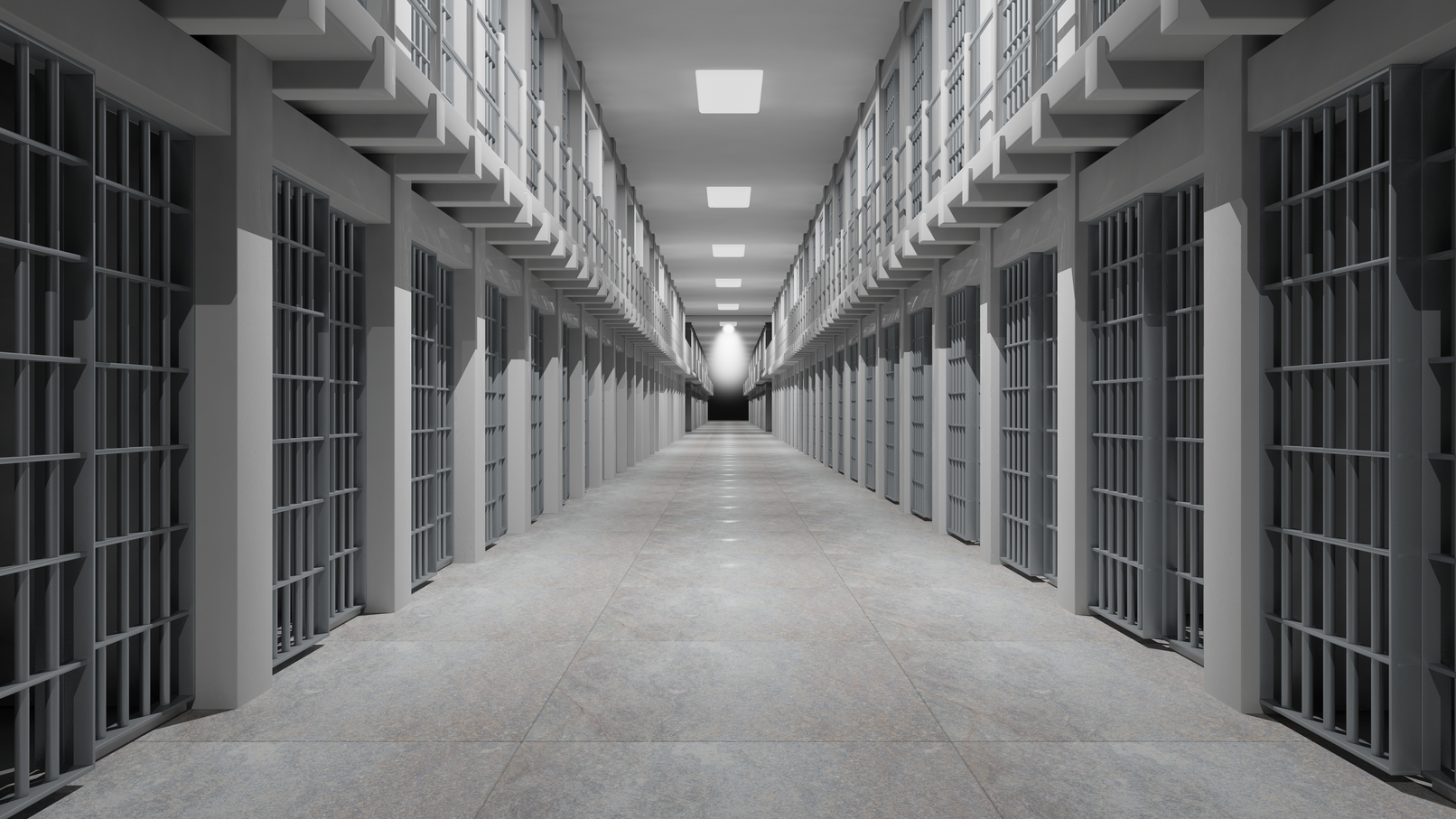The Court of Cassation in Italy has decided that a bronze sculpture found in the Adriatic Sea in 1964 should be taken from the Getty Villa near Los Angeles and returned to Italy. The bronze is known as Victorious Youth and was purchased by the Getty Trust in Germany in 1977. It…
Articles Tagged with California
California and the federal government have reached an agreement whereby the state will halt plans to implement its new net neutrality law on January 1, and the Department of Justice will withdraw its motions seeking to block implementation until the conclusion of ongoing litigation regarding state net neutrality rules.
In the wake of the FCC's efforts to undo net neutrality protections under the Trump administration, California recently passed a law implementing net neutrality rules that are even stronger than the Obama-era regulations that have been rolled back at the federal level. Governor Jerry Brown signed the new law on September 30, which represents the strongest set of net neutrality protections in the country. The Department of Justice immediately filed a lawsuit in federal court, stating that California's law constitutes an impermissible burden on the federal government's efforts to deregulate the internet.
A California appeals court has ruled in favor of Twitter in confirming that it is protected from liability by section 230 of the Communications Decency Act in deciding what content should be allowed on its platform. Jared Taylor, a publisher of white nationalist content, was permanently kicked off of Twitter in December following the company's announcement that it planned to more closely scrutinize users promoting violence. Taylor subsequently sued Twitter for banning him and his publication from its platform, and while the trial court threw out two of his claims, it allowed his unfair competition claim to go forward.
California’s felony murder rule may soon be curtailed, if a bill in the state legislature gets approved.
Square, which owns meal delivery service Caviar, has reached a $2.2 million settlement with customers in a class action lawsuit claiming that the company collected gratuities from them when they placed food orders but didn't share the money with delivery drivers. Patrons who used Caviar between January 2012 and August 2015 are included in the class.
The two largest entities in the world of direct-to-consumer genetic testing services are set to collide in a California federal court. 23andMe, the second-largest company in this evolving industry, recently sued Ancestry.com, the largest company, based on alleged patent infringement. The patent at issue involves the way in which each company uses…
On Tuesday, May 15, 2018, Riverside County Superior Court Judge Daniel Ottolia issued an oral ruling holding that the California Legislature acted illegally in passing a law allowing terminally ill adults to be prescribed life-ending drugs if a doctor determined the patient has six months or less to live. The law allows medical professionals the right to refuse to prescribe and dispense life-ending drugs. Further, the terminally ill patient must be able to self administer the drug.
Joined by 16 other states and the District of Columbia, the State of California has filed a lawsuit against the Environmental Protection Agency (EPA) in an effort to prevent the federal agency from loosening its rules on auto emissions. The lawsuit argues both that the agency is violating the Clean Air Act through its proposed rule changes and that it is failing to follow its own regulations. Some observers believe that the agency's action might be a first step toward revoking the right of California and other states to set their own rules regarding auto emissions, which are believed to affect the proliferation of greenhouse gases and the process of global warming.
Along with other news organizations, the Los Angeles Times has filed a lawsuit challenging California's new execution rules. The complaint alleges violations of the plaintiffs' First Amendment rights to witness and report on executions on behalf of the public. At issue are provisions permitting lethal injection drugs to be concocted outside the view of media observers, and requiring the curtains in the lethal injection chamber to be drawn and media witnesses removed if an execution does not proceed as planned.


